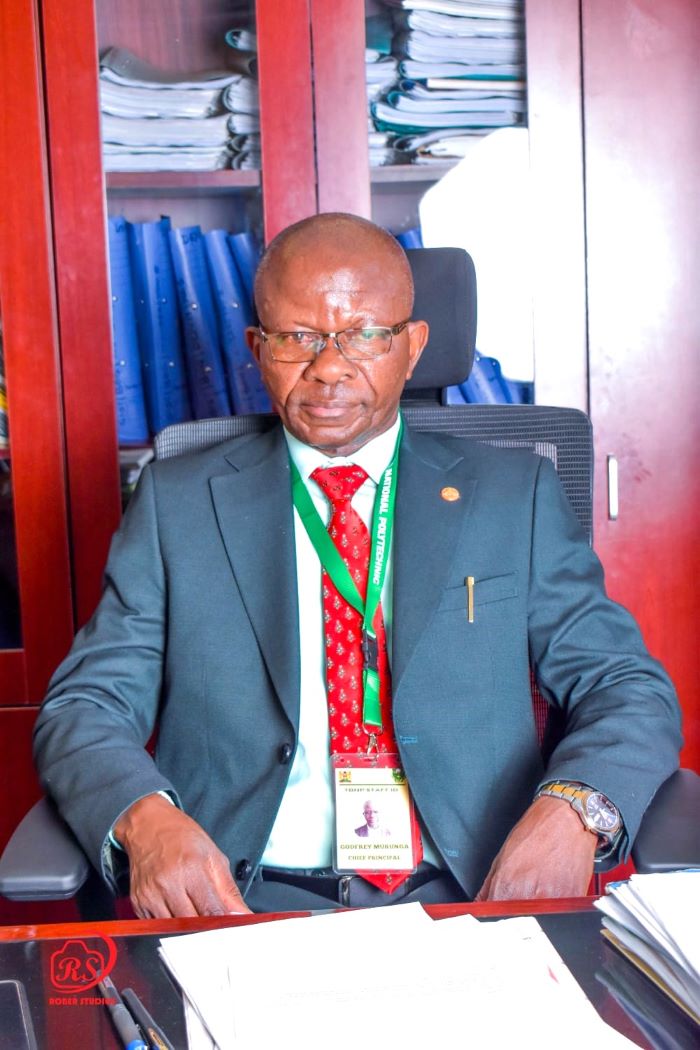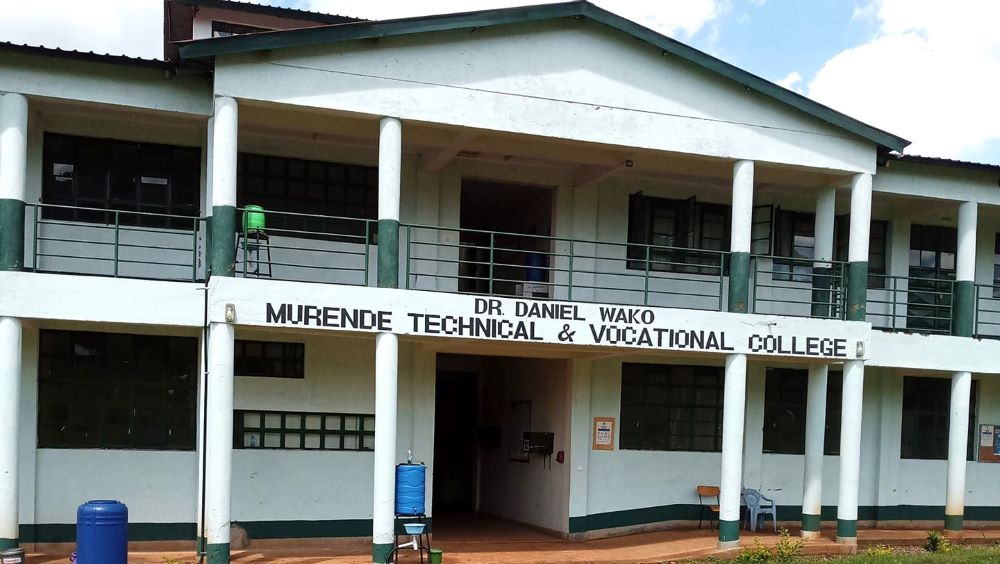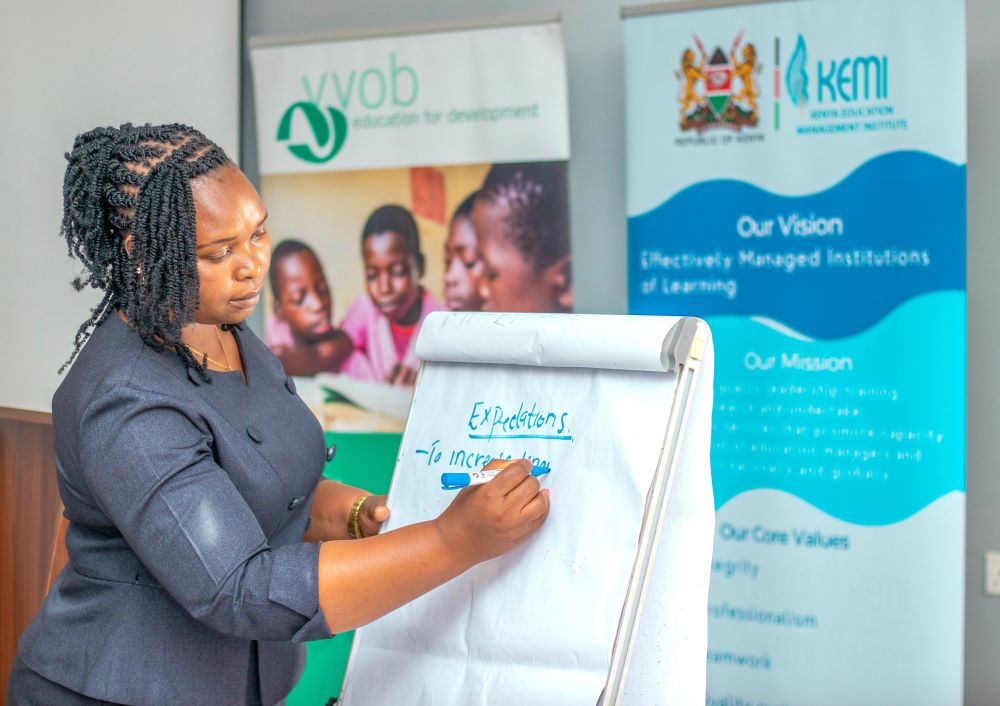Dear reader of my pieces, Pertinent and Contemporary Issues (PCIs) was the nub of my third treatise on Competency-Based Education (CBE). In retrospect, in a national survey conducted by the Kenya Institute of Curriculum Development (KICD) in 2016, to inform the provenance of CBC, several issues manifested. The architects of our curriculum focused on pertinent issues worth giving critical consideration while building the blocks of this new system of education born in 2017.
Ideally, framers of CBE thought deeply about how to mainstream Pertinent and Contemporary Issues (PCIs) in CBE. The arrival at PCIs relied on joint effort. Apart from KICD, findings from other educational researchers, and best academic practices in different countries, also informed the identification of PCIs as part and parcel of the curriculum reform.
Actually, in these times and climes, learners face a myriad of challenges due to the social-cultural and economic dynamics in the society. Educational pundits refer to them as Pertinent and Contemporary Issues (PCIs) because of the impact they have on learners while involved in the active pursuit of knowledge. Somewhat, these issues affect the learners’ psycho-social well-being, access to education, retention, transition, completion, and ultimately, advancement and entry into the dynamic world of work.
Somewhat, effective mainstreaming of PCIs calls for deliberate effort from teachers to ensure that they address the issues during Teaching and Learning (TL). Then, creativity and ingenuity play a pivotal role in the mainstreaming of PCIs. There is an exigent need to be keen on contextual issues due to differences in circumstances.
Largely, the mainstreaming of PCIs will enable learners to develop the relevant core competencies. In turn, they will hone most life skills and soft skills needed when coping with challenges, and in becoming productive people in society. For instance, this is how mainstreaming of PCIs manifests in CBC Junior School (JS). We look at Health Promotion Issues (HPIs), Life Skills Education and Human Sexuality, Education for Sustainable Development or Socio-Economic and Environmental Issues, Learner Support Programmes (LSPs), Parental Empowerment and Engagement (PE&E), and Citizen Issues or Citizenship Education.
READ ALSO:
Re-election race: MPs bet on education projects to win voters in 2027
Specifically, on Health Promotion Issues, the mainstreaming focuses on HIV/Aids, drugs and substance abuse. Then, prevention of lifestyle, communicable and non-communicable diseases. This part of PCIs also steers clear on mental health, First Aid and retrogressive cultural practices like Female Genital Mutilation (FGM) and early marriages.
On Life Skills Education: We have skills of knowing and living with oneself. Also known as intra-personal or personal awareness skills. These competencies include: self-awareness, self-esteem, self-confidence, self-discipline, stress management, time management, emotional intelligence, et cetera. In order to access success in school and beyond, learners should know themselves. For both oriental and occidental knowledge, acknowledge: Knowing others is wisdom, but knowing oneself is enlightenment. Sometimes, a person with self-knowledge equals thirty people without the same.
Then, we have competencies that focus on knowing and living with others — interpersonal skills, which include empathy, assertiveness, negotiation, conflict resolution, friendship formation, effective communication, and so on. These competencies acknowledge that we are on this side of eternity for symbiosis and mutual co-existence. No one can shine like light by choosing to be an island confined in isolation. Martin Luther King (MLK) put it aptly, “We are caught in an inescapable network of mutuality, tied in a single garment of destiny.”
Ipso facto, the third cadre of life skills focuses on competencies needed in effective decision-making, which captures: decision making itself, critical and creative thinking and problem solving. Learners should know how to exercise volitional will, discretion and decision-making. For decisions are the hinges of destiny. Above all, the ability to think critically and creatively is very important. After all, ostensibly, in this world populated by plenty of people. Only 5% think, 15% think that they are thinking, but 80% do not think at all. It is good to think because if you stop thinking, you start stinking.
Furthermore, the mainstreaming of Human Sexuality in the CBE exists in two perspectives. One, there is the developmental perspective. Two, there is the psycho-social perspective. In the whole scheme of things, focus on matters of growth and development and life skills to manage human sexuality is very important.
Moreover, on Socio-Economic and Environmental Issues, CBE explores three important aspects: Firstly, there is Safety and Security, which focuses on fire safety, road safety, radicalisation, violent extremism, cyber bullying and prevention. Secondly, there is environmental conservation, which looks into biodiversity, Disaster Risk Reduction (DRR), pollution, environment and technology. Thirdly, there are animal welfare and gender issues. On Learner Support Programmes (LSPs), CBE embraces chaplaincy, guidance and counselling services, career guidance services, peer education and mentorship, clubs and societies, sports and games.
On Parental Empowerment and Engagement (PE&E), CBE acknowledges that teachers and parents are partners in the child’s learning process. Meaning, teachers should possess skills of creating partnerships with parents: to facilitate participation in their children’s education. Schools should empower parents. So that they wield basic knowledge of the growth and developmental stages of their children. For strong sensitisation of parents on in their integral role in progress and success of children, school arrowheads should ensure that they stage important events in school events such as class conferences, academic clinics and Annual General Meetings (AGMs).
Then, the environment at home should be conducive for children. Parents should be empowered on how they can be real role models to their children. Parents should get good guidance on how to explore positive discipline approaches in bringing up children with right mindset – moral rectitude and attitude. Parental-involvement in decision making in schools is worth it all. When need be, parents should also volunteer their services. Then, also participate in resource mobilisation. Lastly, Citizen Issues or Citizenship Education in fine line with CBE proposes that schools ground learners on patriotism, civic duty, good governance, social cohesion, values of tolerance, peace education, rights or prerogatives, childcare and protection, ethnic and racial relations.
By Victor Ochieng’
The writer is an educator – academic and career consultant – who rolls out talks and training services in schools. vochieng.90@gmail.com. 0704420232
You can also follow our social media pages on Twitter: Education News KE and Facebook: Education News Newspaper for timely updates.
>>> Click here to stay up-to-date with trending regional stories
>>> Click here to read more informed opinions on the country’s education landscape






